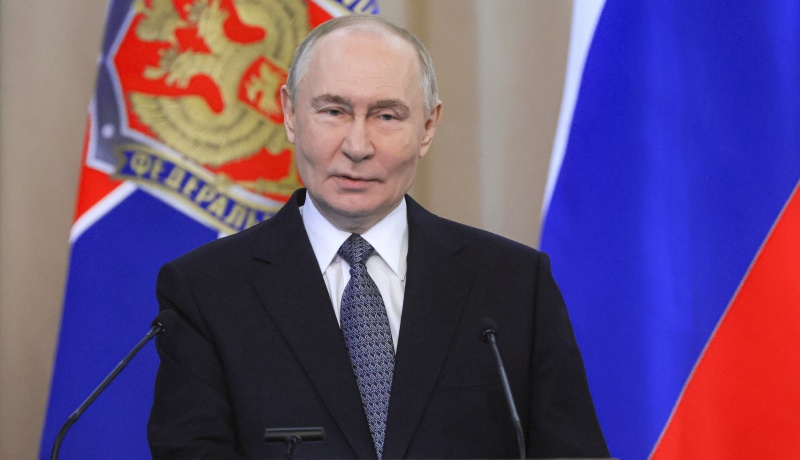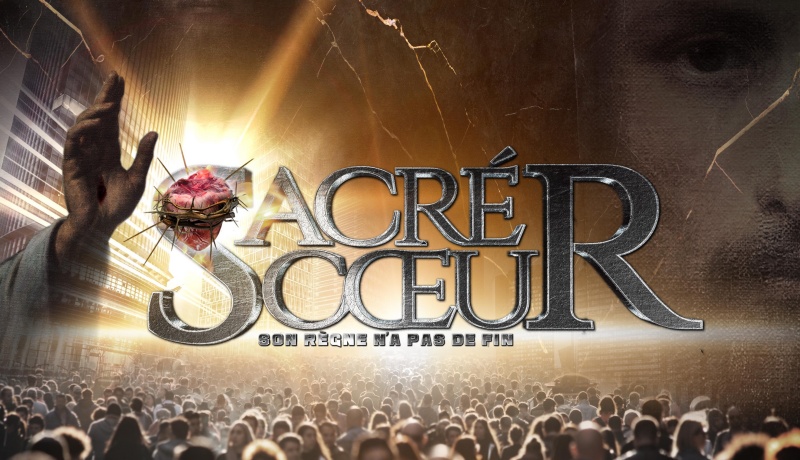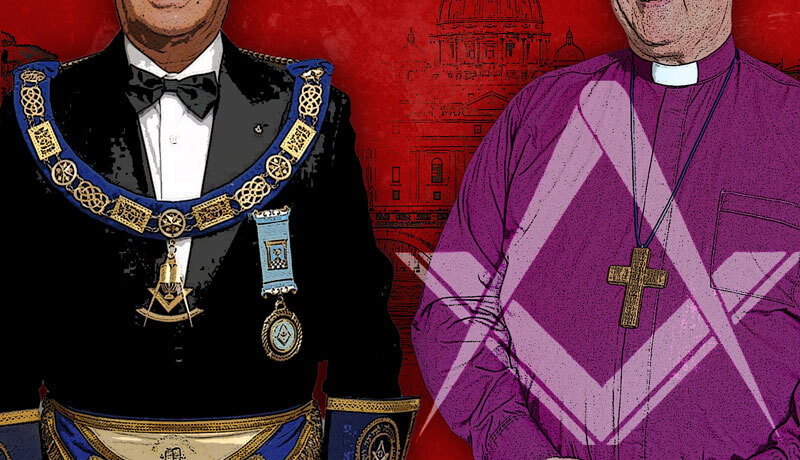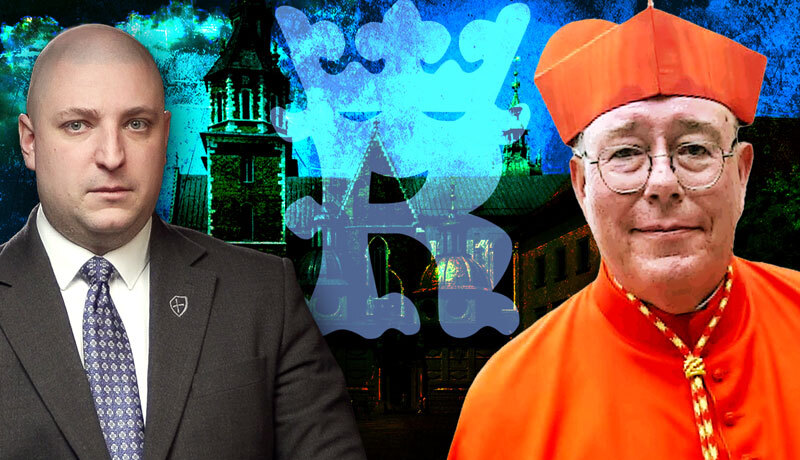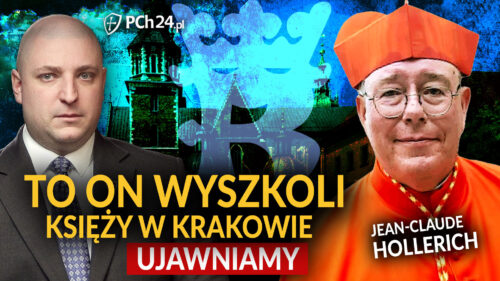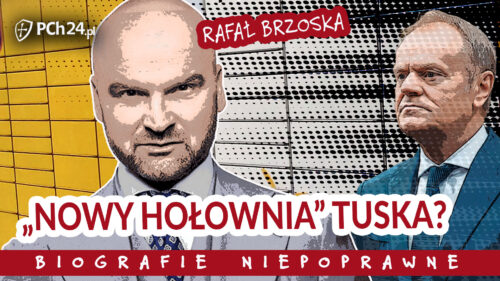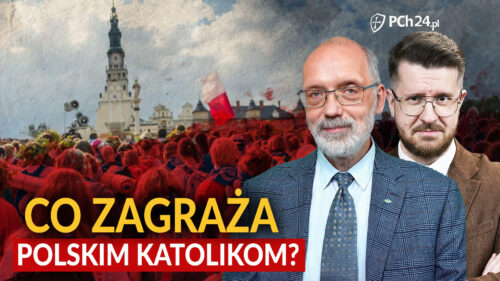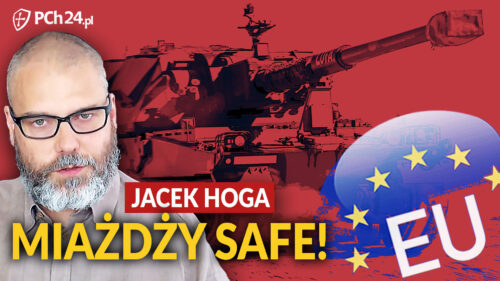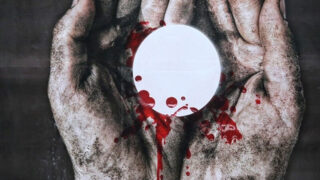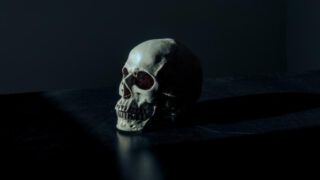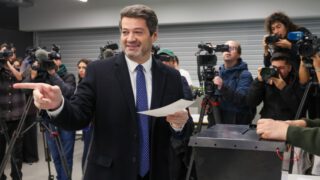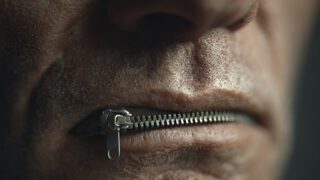Cardinal Raymond Leo Burke, a former Archbishop of Saint Louis in the USA and a Prefect of the Supreme Tribunal of the Apostolic Signatura, and now the patron of the Sovereign Military Order of Malta, arrived in Kraków on 8th February 2016 as a part of the visit to Poland to promote his latest book.
His Eminence Rev. Cardinal Stanisław Dziwisz brought the guest to the full to the brim assembly hall of the Monastery of the Franciscan Order and gave him a warm welcome. The applause greeting the author of the book Divine Love Made Flesh: The Holy Eucharist as the Sacrament of Charity seemed not to end. Shortly after the words of Sławomir Skiba, the chief editor of the magazine “Polonia Christiana” and the vice-president of Stowarzyszenie Księdza Piotra Skargi (the Priest Piotr Skarga Association), directed on behalf of the organisers of the meeting to the distinguished guest and the large audience, Cardinal Burke began his lecture, showing that he was truly moved by those signs of affection.
Wesprzyj nas już teraz!
“Thank you for your relentless and courageous Catholic and pastoral attitude in defence of the family and marriage during the last Synod. As lay Catholics, we are particularly grateful for that, Lord Cardinal”, editor Skiba said. “Lord Cardinal with all his life and also the publication of Divine Love Made Flesh: The Holy Eucharist as the Sacrament of Charity points to what should be the centre of Catholic life”, he stressed.
“From my youth, I’ve witnessed the fidelity and generosity with which Polish Catholics have lived the faith which they brought from your homeland to mine, the United States of America. Polish Catholicism has been a great blessing to the Church in my homeland and to me personally. For that reason, I’m especially pleased that my book on the Holy Eucharist is now available to Polish-speaking people”, Cardinal Burke highlighted.
As mentioned by the distinguished guest, “The most beautiful memories of my education in the Catholic faith and its practice (…) are all associated with the Sunday Mass, Eucharistic devotions and their extension through the devotion to the Most Sacred Heart of Jesus (…). From my first recollections, there was never any doubt that God’s greatest gift to me, my family and to the whole Church is the Holy Sacrifice of the Mass and its incomparable fruit”, the Cardinal said.
“A time of particular growth of this Eucharistic intimacy began when, at the age of ten, I became an altar boy, assisting the priest during the offering of the Holy Mass and other Sacred Rites. To witness more closely all the rich beauty of the Rite of the Mass and, in particular, the irreplaceable service of the priests in the offering of the sacrifice was a grace, for which I find myself, yet today, full of gratitude”, Cardinal Burke said to explain why he chose the Blessed Sacrament to be the subject of his book.
The Cardinal also mentioned his – “very painful” as he emphasised – experiences connected with the consequences of liturgical reforms: the interior of the churches was re-ordered, with the most beautiful objects, especially the high-altars, removed. There was no longer careful attention paid to the sacred linens, vessels and vestments. It became common to hear “not very beautiful and often banal contemporary music. Latin was seldom or never heard. (…) A situation which was greatly aggravated by experimentations with the Rite never seemed to end”, he concluded.
Questions posed after the lecture by the faithful from the audience undoubtedly proved that the people were concerned about the current state of the Church and they were also a testimony of deep love and devotion to the Holy Faith. The questions were about, inter alia, the Holy Mass celebrated in the Extraordinary Form of the Roman Rite, the canonical situation of the Society of St. Pius X and ways to overcome the crisis of the Church. “Looking for the source of the crisis of the Church goes deep back into the past. The social crisis, which meant the rejection of authority, coincided with the liturgical crisis. The faithful who came into that crisis didn’t receive support from the Church”, he answered.
As pointed out by His Eminence, there are two necessary paths in order to overcome the crisis in which we are these days. What are the paths? “The first one is the deepened and thorough catechesis taught from an early age to adulthood, which will give an explanation of faith. Today, we encounter situations when people who want to defend their faith lack expertise and knowledge of the principles. The second path is the need to restore the sacred dimension of the liturgy, which should be built on the fundamental principle that it’s not us that creates the liturgy, but it is an act, action and activity of Christ. This principle may be emphasised with all of the details regarding the liturgy, as well as the decoration of the church. Let us always remember that Christ acts in the liturgy”, Cardinal Burke preached.
Crowds of faithful also attended the Pontifical Mass in the Church of Saints Peter and Paul in Kraków. It was celebrated by Cardinal Burke in the Extraordinary Form of the Roman Rite. The present faithful witnessed the Mass in this Rite celebrated in Poland by a priest wearing a cardinal’s hat for the first time since changes in the liturgy introduced after the Second Vatican Council, and thus for the first time in fifty years!
The organisers of the event stressed that the celebration of the Mass was also possible thanks to the help given by the parish priests of St. Mary’s Church and the Wawel Cathedral, who lent the canonicals necessary for this occasion.
During his homily, Cardinal Raymond Burke remembered the patron saint of the day: Saint John of Matha, the founder of the first Order of the Most Holy Trinity for the Redemption of Slaves, dedicated to ransoming Christians taken prisoner by the Muslims. The Cardinal underlined the remarkable topicality of St. John’s actions.
At the end, the numerous faithful gathered at the Mass sang the Polish song “My chcemy Boga!” (“We want God!”).
luk, kra, p





